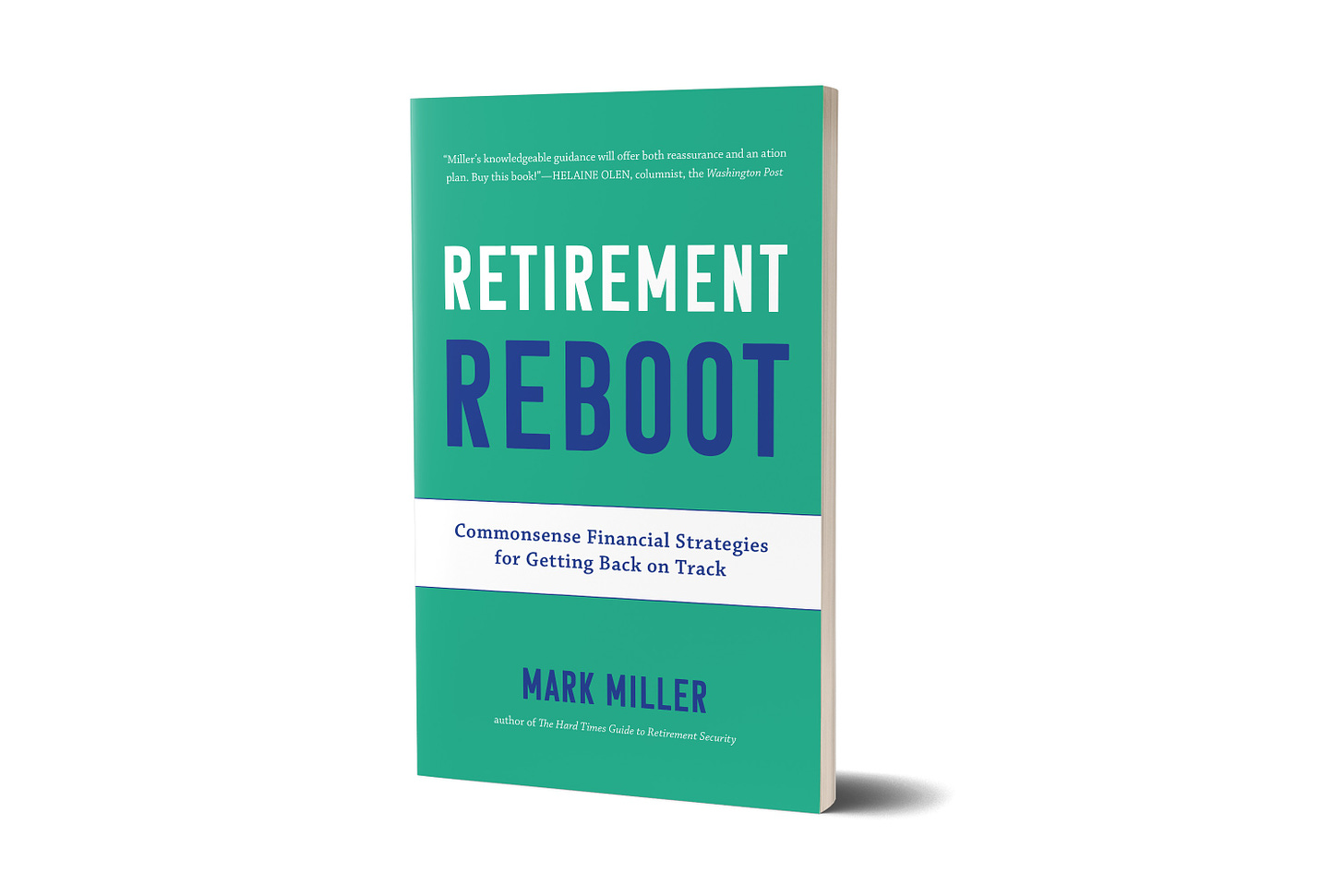Where do Democrats and Republicans really stand on Social Security reform?
Recent theatrics aside, both parties have spelled out their ideas for changing Social Security - and Medicare
The unusual back-and-forth between President Biden and Republican lawmakers on live television during last week’s State of the Union address kicked off a high-stakes political debate about reforming Social Security and Medicare.
The exchange - sparked by Mr. Biden’s charge that some Republicans want to “sunset” Medicare and Social Security - may have left viewers wondering where politicians stand on fixing these critical programs, which both face financial problems in the years ahead that need to be addressed.
The week was marked by back and forth over whether Senator Rick Scott (R-Florida) actually had proposed putting Social Security and Medicare up for regular re-authorizations (technically, he did), and Friday’s news that he formally dropped the programs from his plan. The Scott plan never had been embraced by many Republicans, but the news on Friday prompted the Washington press corps to conclude that Republicans had “abandoned” their plans to cut benefits.
But theatrics aside, both parties have spelled out detailed ideas for reform changes in legislative and campaign proposals.
Democrats generally are unified behind proposals that would raise new taxes and expand benefits; Republicans are less united, but conservatives have outlined changes that would shrink benefits and reduce eligibility. And in the House of Representatives, the conservative Republican Study Committee still has a detailed plan to slash Social Security benefits for middle class and more affluent households, and further increase the full retirement age to 70.
This weekend in The New York Times, I take a look at where Democrats and Republicans actually stand on reforming Social Security and Medicare.
Four key changes in Medicare kick in this year
The process of enrolling in Medicare is full of pitfalls that must be navigated carefully. But here’s the good news: A series of important reforms kick in this year that will allow more people to access their Medicare coverage more easily, and without lifetime penalties or lengthy delays.
What other Medicare changes are coming in 2023? Several provisions of the Inflation Reduction Act, signed into law last summer by President Joe Biden, also take effect this year. Those changes will improve prescription drug coverage under Medicare Part D. There’s also a do-over opportunity that could be a money-saver for diabetics who receive their insulin through a Part D prescription drug plan.
Here’s a rundown of the key Medicare changes that take effect in 2023.
Retirement Rebootcast: The entire series is now online
The six-part podcast series on the key themes of my new book is now online. I hope you’ve enjoyed all of these conversations with experts on key retirement topics, but in case you missed any of them, here are links. You can also subscribe on Apple Podcasts or Spotify (search “Retirement Revised”).
Introduction: An overview of the book featuring a conversation with Chris Farrell, senior economics contributor for Marketplace, the public radio program. Chris wrote the foreward to Retirement Reboot.
Let’s Make a Plan. Far too many people don’t take the time to make an actual financial plan for retirement – and that’s a real misstep.
Optimizing Social Security. For most of us, Social Security will be the most important retirement benefit – full stop. Decisions about when to claim can make a big difference in your lifetime income.
Navigating Medicare. Along with Social Security, there’s nothing that will have a more important impact on your retirement security than making smart choices about navigating Medicare. The centrist thinking on social insurance reform that really isn’t
Building Savings. Starting as early as possible is the name of the game when it comes to saving for retirement. But if you’re getting close to retirement and haven’t been able to save much, don’t despair: it is still possible to build significant savings late in the game.
Toward a New Social Insurance Era. The argument for expanding Social Security, and for pushing back against the growing privatization of Medicare.
The biggest retirement risk may not be what you think
If I ask you to name the most important risk in planning for retirement, what would you pick? Stock market risk? Inflation? The cost of health care?
The correct answer is “none of the above.” Research tells us that the biggest risk to a retirement plan is longevity: the danger of exhausting resources before the end of life. And it is the least understood by people planning for retirement. Longevity risk is rising, along with lifespans, and the income products available to hedge the risk are inadequate. Fewer retirees have the guaranteed lifetime income protection of a defined benefit pension, and mapping out safe withdrawal rates from portfolios presents thorny problems.
I examined the perceptions about longevity risk in my latest WealthManagement.com column. Here’s another take on research about longevity risk perceptions from The Wall Street Journal.
What I’m reading
Real interest rates are moving up, but don’t celebrate yet . . . For older Americans, the pandemic is not over . . . Twelve things to know about the future of Social Security, explained by the program’s chief actuary . . . Millenials are the champs when it comes to 401(k) contributions . . . Don’t take no for an answer from your Medicare Advantage plan . . . Using annuities to hedge your retirement portfolio . . . Get ready for the 60-year career . . . A Yale professor suggested mass suicide for Japan’s elderly - what did he mean?



